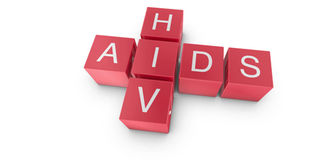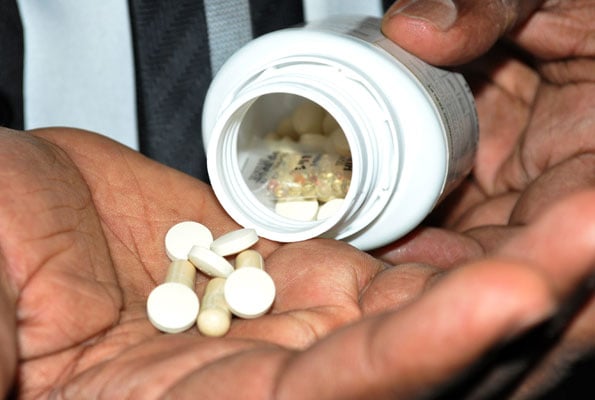Prime
Children living with HIV deserve a good education

What you need to know:
- Even when we all know the value of education, as an avenue through which children have better chances to succeed, we have not taken responsibility to ensure all children equally access education
Thursday, June 16, was commemorated as Day of the African Child. Uganda joined other Africans elsewhere in the world to celebrate children in Africa and reflect on a number of challenges they face while remembering those who died in the Soweto, South Africa, massacre in 1976.
These students lost their lives as they took to the streets demanding to be taught in their language.
Even when we all know the value of education, as an avenue through which children have better chances to succeed, we have not taken responsibility to ensure all children equally access education.
For children living with HIV, the situation is even worse.
This year, the theme is “Eliminating Harmful Practices affecting Children: Progress on Policy and Practice since 2013.”
We should remember that in 2013 the theme was “Eliminating Harmful Social and Cultural Practices Affecting Children: Our Collective Responsibility.” Therefore, we need to assess how far we have gone in improving the lives of children living with HIV through quality education, nine years down the road.
On many occasions, we have heard children living with HIV testify how getting an education was a miracle, for they had earlier been denied a chance to attend school, after all, they were to die in a few days.
According to the Uganda Aids Commission, a total of 90,000 children are living with HIV.
While many have been denied a chance to go to school particularly by their families as they are expected to die anytime, those who attend school suffer a number of challenges.
Aside from the challenges beyond human control such as illnesses that may cause absenteeism, gender gaps and posttraumatic stress that arises from children seeing themselves or their parents deteriorate due to HIV/Aids, there are a number of injustices faced by children living with HIV and these affect their education.
There have been reports that some children on Antiretroviral Therapy (ART) fail to suppress the amount of virus in their bodies when they stop taking their drugs while at school due to stigma. Stigma, which sometimes is in the form of emotional abuse like verbal insults about their known or suspected HIV status is not only from learners but also adults like teachers and support staff.
Other children are orphans who have failed to start or continue with education since the death of their parents.
The National Policy Guidelines on HIV/Aids 2006 provides a solution on mitigating the impact of HIV on students and learners. Under social support, it clearly stipulates, “Education institutions shall provide on-going counselling, psychological and spiritual support to learners including orphans, vulnerable children and all other students infected and affected by HIV/Aids.”
Nevertheless, credit goes to organisations, relatives, well-wishers who have stood with some of these children to make sure they attain education. You are untold heroes! You will be remembered even long after you have gone.
However, I call upon each one of us to break the chain of hindering success for children living with HIV. They are equally important citizens of our motherland Uganda.
Ms Annet Nakibuuka,
HIV Activist living in Kampala.
[email protected]




